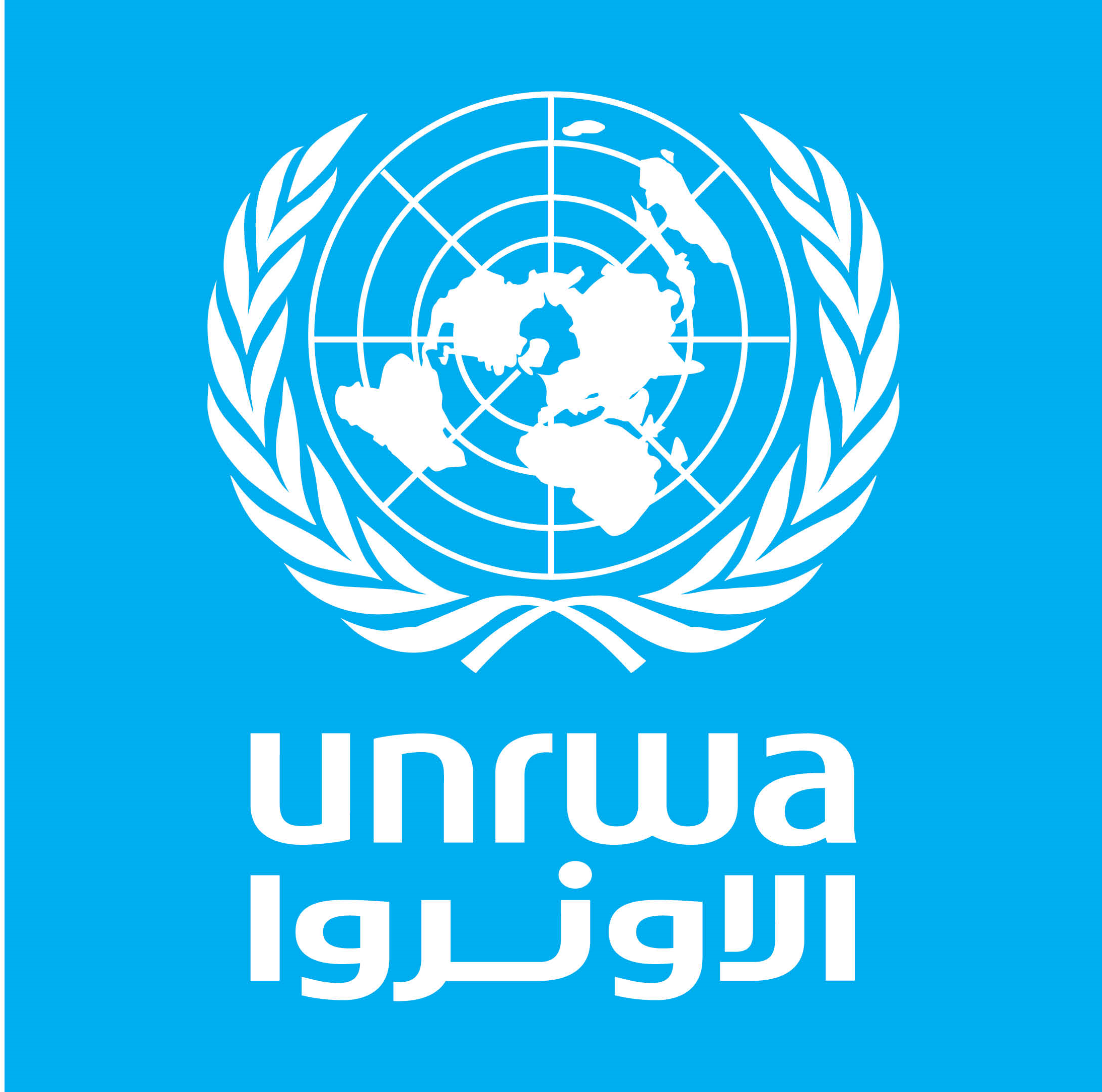Apr 2016 - Jan 2017 | UNRWA
In 2016, UNRWA worked on the development of a common monitoring framework which aims at systemizing data collection among field offices, and ensuring that data informs programming. UNRWA thus follows up on key indicators related to the number of survivours identified, services accessed, trainings to staff, changes in staff capacity to address GBV, as well as other prevention related indicators.
